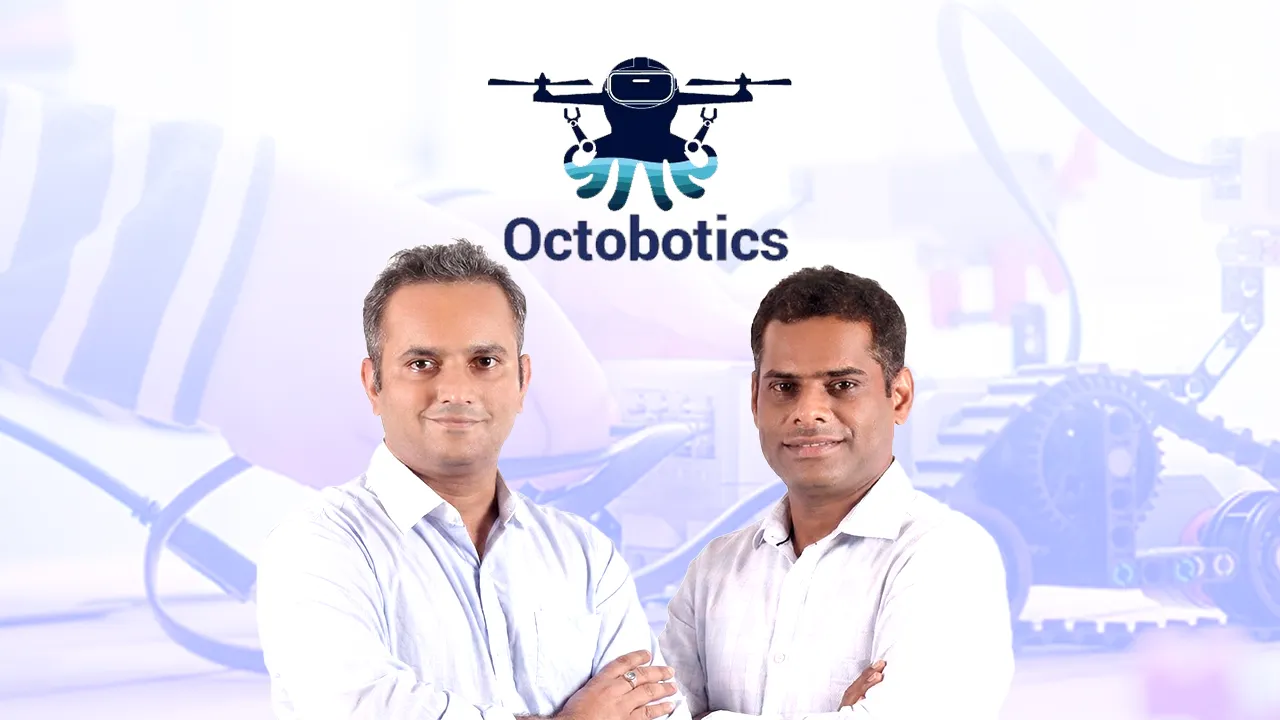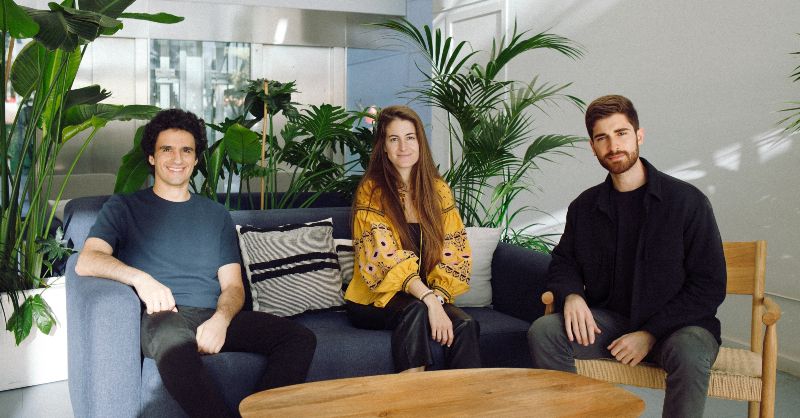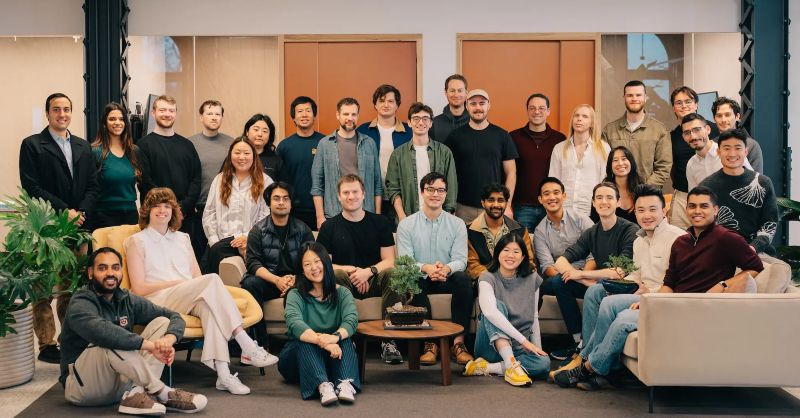India to Expand EV Manufacturing Incentives After Tesla’s Exit
- ByStartupStory | November 30, 2024

India is set to expand its electric vehicle (EV) manufacturing incentives to automakers who are willing to produce electric models at their existing factories, a move that comes after Tesla’s decision to back out of its plans to manufacture EVs locally.
The country’s EV policy, which was initially designed to encourage Tesla to set up shop in India, is being modified to attract other automakers, according to sources familiar with the matter. The revised policy is expected to foster increased EV investment from companies like Toyota and Hyundai, who have shown interest in the revised criteria.
Changes in the EV Policy
Originally announced in March, India’s EV policy offers significant tax incentives to automakers who commit to manufacturing electric vehicles in the country. Under the policy, companies that invest at least $500 million to set up EV manufacturing operations and source 50% of the components locally can benefit from a substantial reduction in import taxes, down from as high as 100% to just 15% for up to 8,000 electric vehicles annually.
Now, the government plans to allow automakers to qualify for incentives even if they are manufacturing EVs at existing plants that currently build gasoline-engine or hybrid cars. However, the EVs must be manufactured on a separate production line and must meet the local sourcing requirements to qualify for the benefits.
“The electric models must, however, be built on a separate production line and meet the local sourcing criteria,” the source added.
Additionally, investments made in machinery and tools to manufacture EVs at new factories will count toward the $500 million investment requirement, even if the same equipment is used to produce other types of cars.
To ensure fairness and accountability, the government will set a minimum revenue target for each production line or plant that must be met to qualify for the scheme. The final version of the policy is expected to be finalized by March 2024.
Industry Reactions
During a recent meeting with the Ministry of Heavy Industries, several automakers, including Toyota, Hyundai, and Volkswagen, raised questions and concerns about the policy. The minutes of the meeting, seen by Reuters, revealed some of these inquiries.
Toyota, for instance, inquired if the EV policy would allow for investments in a separate assembly line within a plant that produces multiple powertrains. The company also wanted to understand if the construction of charging stations would count toward the $500 million investment requirement. Neither Toyota nor the Ministry of Heavy Industries responded to Reuters’ requests for comment.
Hyundai, on the other hand, sought clarification on whether money spent on research and development could be counted as part of the $500 million investment requirement. According to the source, such spending would not be eligible.
Hyundai Motor India is awaiting the rollout of the final policy and guidelines, a spokesperson said.
Volkswagen’s India unit, meanwhile, asked for more flexibility regarding the investment timeframe. The company requested that 75% of the $500 million be invested in the first three years of the five-year scheme, instead of the full 100% currently required. Volkswagen also inquired whether investments made by suppliers would qualify as part of the $500 million.
Volkswagen said it is “studying the latest EV policy ‘in detail’ and would evaluate a way forward accordingly.”
What’s Next?
The revised policy is expected to pave the way for increased EV production in India, potentially attracting major global automakers to set up or expand their operations in the country. As the government moves towards finalizing the policy, key players in the industry are closely monitoring the developments, hoping to benefit from the expanded incentives that could help India meet its ambitious EV adoption targets.
The updated policy is expected to bring clarity on these issues in the coming months, with the final guidelines set to be published by March 2024.









